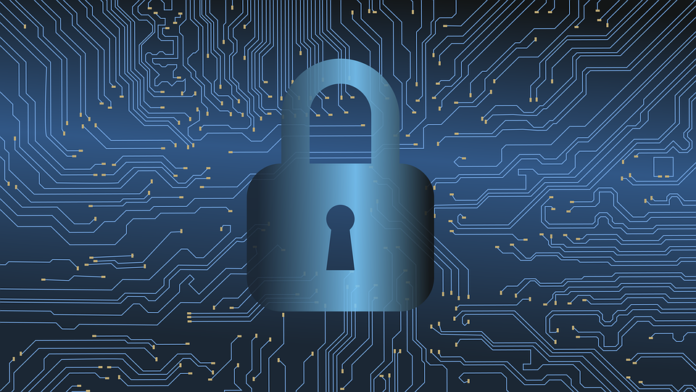
Table of Contents
What does cyber security have to do with cognitive or mental health? You most likely believe there is no link. But don’t jump to conclusions too quickly.
You might be pleasantly surprised! Our psychological condition influences our behavior and how we interpret and absorb knowledge. Thus there is a definite correlation between the two.
You may say something like this: “Please hold on a moment. All of this may be true, but how does it pertain to cyber security?”
Consistent study results across various cyber security systems suggest that existing cyber dangers are more a consequence of smart social engineering than technology improvements in adversarial statistics and adversarial Automation.
Mental health issues
Mental health concerns can span from mild to devastating. Still, they all have the potential to affect our ability to identify and predict cyber-attacks, and thus, in several aspects, ascertain our tendency not just to become a target of cybercrime but also to trigger severe harm to others by attempting to make (or else easily preventable) dangerous online decisions.
Many studies on mental health have shown that even very typical psychological illness issues like anxiety can disrupt our neural correlates, altering our memory and a variety of other processes.
COVID-19 exacerbates the problem
Mental health and wellness concerns have become substantially more prominent amid the COVID19 epidemic, which has resulted in regular shutdowns.
Several parents are dealing with greater expectations on their time due to changes in childcare facilities; some individuals do not have the option to escape cramped apartments, which impacts their behavioral health; and many employees work after midnight or for very long periods.
All of this has contributed to a 300 percent rise in cyber warfare since the beginning of the epidemic. As a result, unless we address mental health concerns today, we will tend to witness increasingly powerful social engineering assaults in the future.
What else is discovered about cyber security and human behavior?
Only three of the nine domains of the psycho-technological grid of cybersecurity risks do not incorporate human psychology, while the other six either depend on it to some degree or have it as a crucial aspect.
This demonstrates that social engineering is a key element of most successful hacks, implying that hackers’ main weaponry is human psychology’s flaws.
Aspects to Remember
While a structural solution is required in this case, take a moment to consider your workloads and your mental health. Take a pause if you are aware that you are overwhelmed or exhausted.
You’ll require it. Understand that you are not only helping yourself, but you are also making your workplace a safe haven. Take precautions!
Managing Director of Cerberus Sentinel, Christian Espinosa explains how employers can steer their workers toward a healthy work-life balance in his new book, The Smartest Person in The Room. You can read it today.
Want to know more about Christian Espinosa and his book? Visit his website or any of his social media channels (Facebook, Twitter)
















